Visual Timetables for Preschoolers: Structure Through Symbols

Introduction Ever wonder how to make preschoolers feel secure, focused, and ready for their day? The answer lies in structure—and one of the most powerful tools in early education is the visual timetable in ECCE. Designed with pictures and symbols, these timetables act as a gentle guide through daily routines, helping children know what to…
Tinker Tables in ECCE: Where Engineering Meets Curiosity

Introduction In today’s evolving world of education, hands-on learning experiences have become an essential part of child development. Among the many engaging tools in Early Childhood Care and Education (ECCE), tinker tables in ECCE environments are gaining immense popularity. These activity stations offer a magical blend of exploration, creativity, and foundational engineering concepts for young…
How to Support Children with Undiagnosed Needs in ECCE
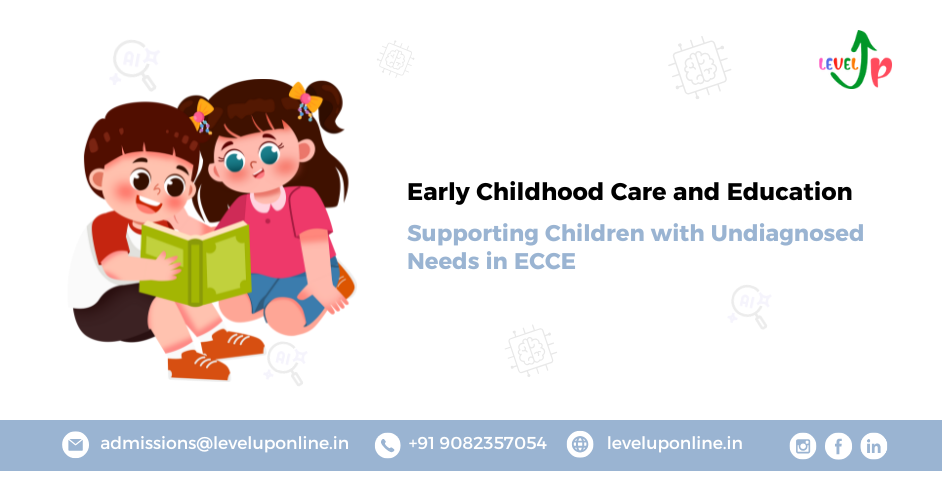
Introduction Supporting children in their early years is both a privilege and a responsibility. In many Early Childhood Care and Education (ECCE) settings, educators often encounter children who show signs of developmental delays or behavioral challenges but don’t yet have a formal diagnosis. These children with undiagnosed needs in ECCE may struggle with communication, social…
Building a Smart ECCE Centre: Must-Have Technologies for the Future
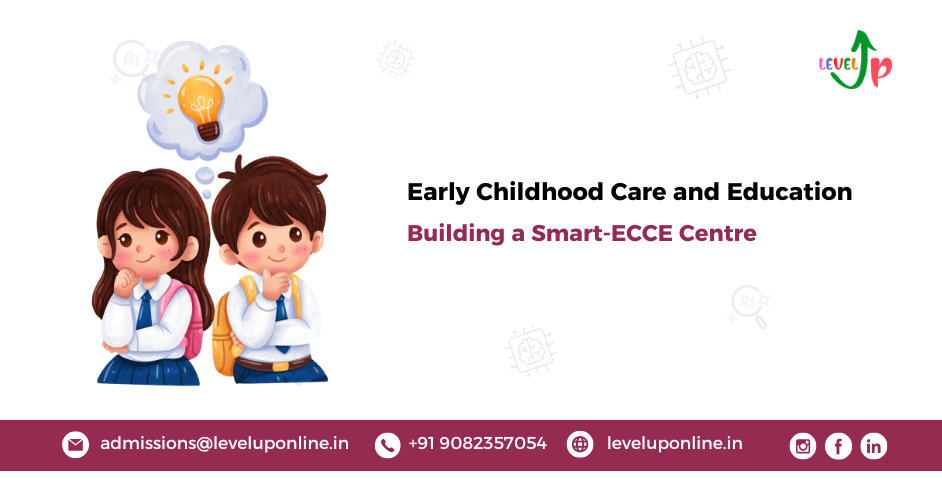
Introduction In today’s fast-paced world, innovation in education is not just desirable—it’s essential. Especially in early childhood care and education (ECCE), integrating technology can elevate learning, ensure safety, and streamline communication between educators and families. If you’re thinking about the future of preschool environments, building a smart ECCE centre should be at the top of…
What the Stroop Test Teaches Us About Impulse Control in ECCE

Introduction In the world of Early Childhood Care and Education (ECCE), one of the most essential developmental milestones is learning how to manage emotions and behavior. This critical skill is known as impulse control, and its development in early childhood lays the foundation for long-term success. Surprisingly, a well-known psychological experiment—the Stroop Test—offers deep insights…
Theory of Mind in ECCE: How Young Children Begin Understanding Others

Introduction: A New Way of Seeing the World Imagine a child noticing their friend is sad and offering a comforting hug or toy. These moments reflect a powerful shift in thinking—when children begin realizing that other people have their own thoughts, feelings, and beliefs. This cognitive development is known as Theory of Mind (ToM). In…
Designing Classrooms for Introverts: Spaces for the Quiet Child
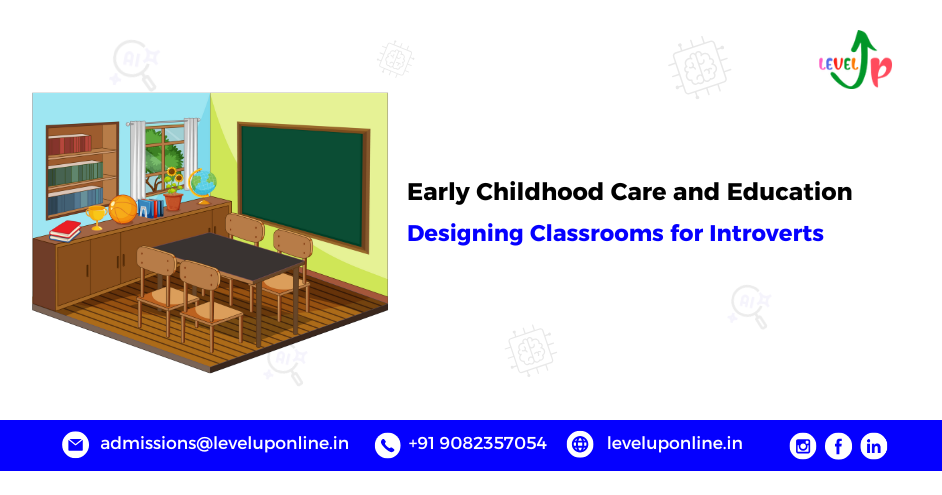
Introduction Every child deserves a learning environment that understands them. While extroverts thrive in buzz and interaction, introverted children often feel overlooked in loud, high-energy spaces. That’s where designing classrooms for introverts in ECCE becomes a vital step toward inclusivity. Introverted learners aren’t shy or disengaged—they simply process the world differently. These children find joy…
Cortisol and Classrooms: Understanding Stress in Toddlers
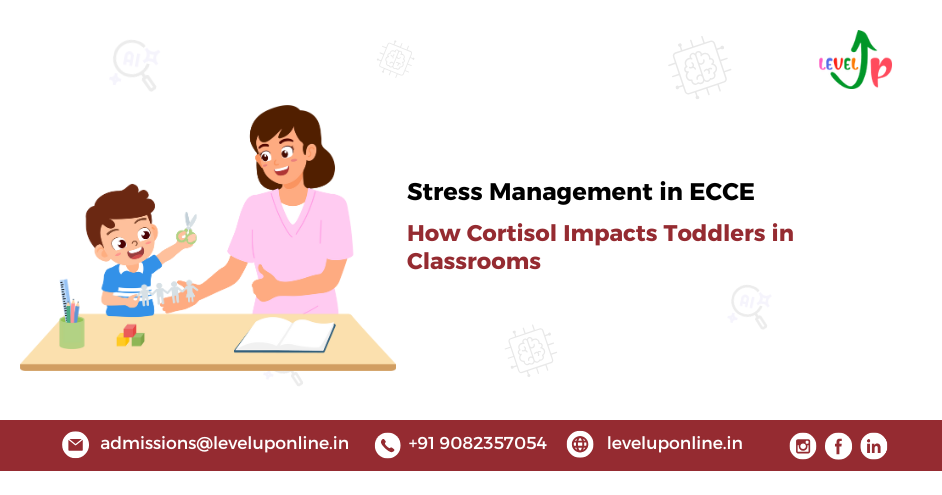
Introduction Tiny backpacks, colorful puzzles, storytime songs—it sounds like a dream. But inside these vibrant ECCE (Early Childhood Care and Education) classrooms, something invisible might be at work: stress. And not the grown-up kind. We’re talking about elevated cortisol levels—the body’s chemical signal that things aren’t okay—even in toddlers. In this blog, we uncover the…
Climate-Conscious Curriculum in ECCE: Teaching for Tomorrow
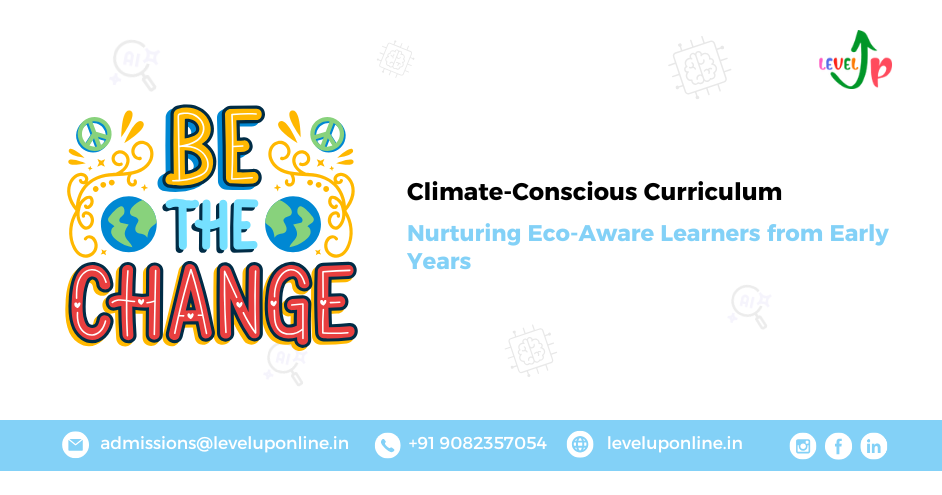
Introduction In today’s world, educating young children about the environment isn’t just a trend—it’s a necessity. The climate-conscious curriculum in ECCE (Early Childhood Care and Education) is a fresh, impactful approach designed to nurture responsible global citizens from their very first learning years. As educators and parents, this is our opportunity to prepare the next…
ECCE in 2030: Predicting the Future of Early Childhood Education
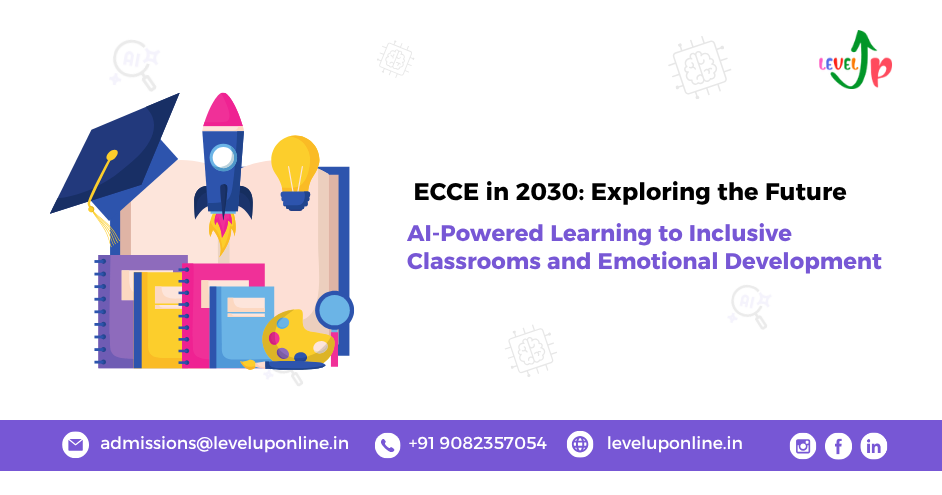
Introduction to the Future of ECCE Have you ever wondered what preschools might look like in the next 5–10 years? The future of ECCE (Early Childhood Care and Education) is unfolding faster than we think. With AI, personalization, and global digital movements, ECCE in 2030 will be unrecognizable from today’s playgroups and nurseries. And here’s…

Close
